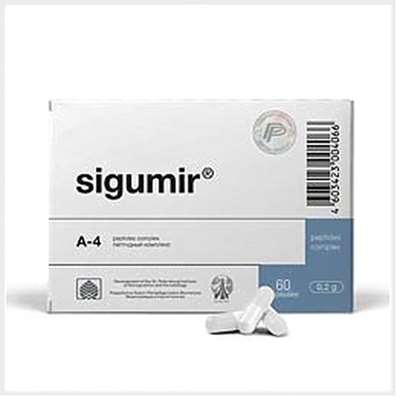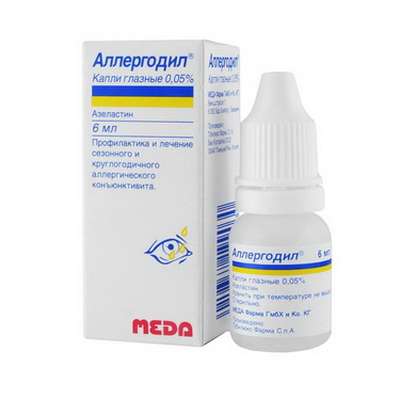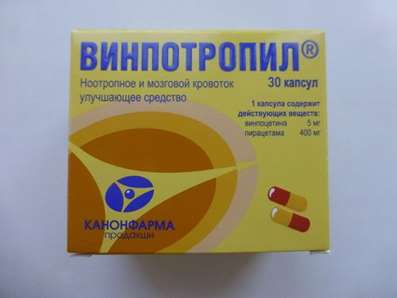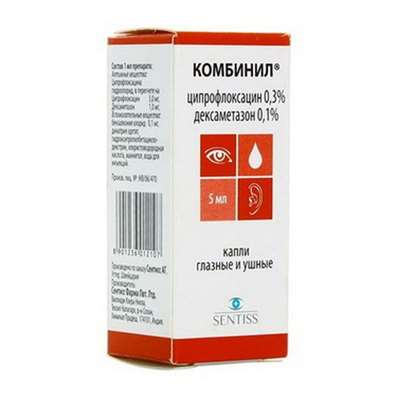Instruction for use: Ammi majus fructuum furocumarines (Ammi majoris fructuum furocumarini)
I want this, give me price
Pharmacological group
dermotropic means
Nosological classification (ICD-10)
C84.0 Mushroom mycosis
Mycosis mushroom, Fungoid granuloma
L40 Psoriasis
Chronic psoriasis with diffuse plaques, Generalized psoriasis, Psoriasis of the scalp, Psoriasis of the scalp, Generalized form of psoriasis, Psoriasis dermatitis, Psoriasis complicated by erythroderma, Invalidative psoriasis, Isolated psoriatic plaque, Exfoliative psoriasis, Psoriatic Erythroderma, Psoriasis with eczematosis, Hyperkeratosis in psoriasis,Inverse psoriasis,Psoriasis eczematous, Dermatosis of psoriasis, Psoriasis of the genitals, Psoriasis with lesions of hairy areas of skin, Erythrodermal psoriasis, Chronic psoriasis of the scalp, Chronic psoriasis, Ordinary psoriasis, Refractory psoriasis, Kebner phenomenon, Scaly lichen
L63.0 Total alopecia
Total alopecia
L63.9 Nesting alopecia, unspecified
L80 Vitiligo
Hypomelanoz, Depigmentation of focal, Leather, pie
Characteristics of Ammi majus fructuum furocumarines
Photosensitizing agent of plant origin. A mixture of three furocumarines (isopimpinellin, bergapten and xanthate toxin), isolated from the seeds of the Ammi large plant (Ammi majus L.), family. Umbelliferae.
Light yellow or light yellow with a greenish tinge crystalline powder odorless. Almost nerastvorim in water, little soluble in alcohol, easily - in chloroform.
Pharmacology
Pharmacological action - photosensitizing.
Furokumarins sensitize the skin to light and stimulate melanocyte formation of the endogenous skin pigment of melanin with subsequent irradiation with UV rays. Application together with UV irradiation promotes the restoration of skin pigmentation with vitiligo.
Application of Ammi majus fructuum furocumarines
Vitiligo, nest and total alopecia, mushroom mycosis, psoriasis.
Contraindications
Hypersensitivity, acute gastritis, stomach ulcer and duodenal ulcer, pancreatitis, hepatitis, liver cirrhosis, acute and chronic nephritis, diabetes mellitus, cachexia, arterial hypertension, decompensated endocrine diseases, thyrotoxicosis, tuberculosis, blood diseases, chronic heart failure, malignant and benign tumors, cataracts, multiple pigment nevi, pregnancy, lactation.
Restrictions for use
Children's age (up to 5 years), elderly age (over 60 years).
Side effects
Headache, dizziness, palpitations, cardialgia, dyspepsia, nausea, gastralgia.
Overdose
Symptoms of an overdose of sunlight and artificial UV radiation: acute dermatitis (skin hyperemia, edema, blisters).
Treatment: discontinuation of treatment until symptoms resolve.
Routes of administration
Inside, locally.
Precautions for Ammi majus fructuum furocumarines
Ineffective in skin depigmentation (leukoderma) associated with the destruction of melanocytes.
During treatment it is recommended to wear sunglasses during the day. In summer months, in order to avoid the combined effect of artificial and natural UV radiation, it is recommended to combine treatment with dosed irradiation with sunlight. The best effect is observed in people of young age, with a small prescription of the disease, in brunettes and people prone to sunburn.
Treatment should be carried out under close medical supervision.
It is necessary to warn patients about the possibility of developing bullous dermatitis in a combination of irradiation of the foci of the mercury-quartz lamp and exposure to solar radiation. The prescribed irradiation regimen should be strictly observed.

 Cart
Cart





